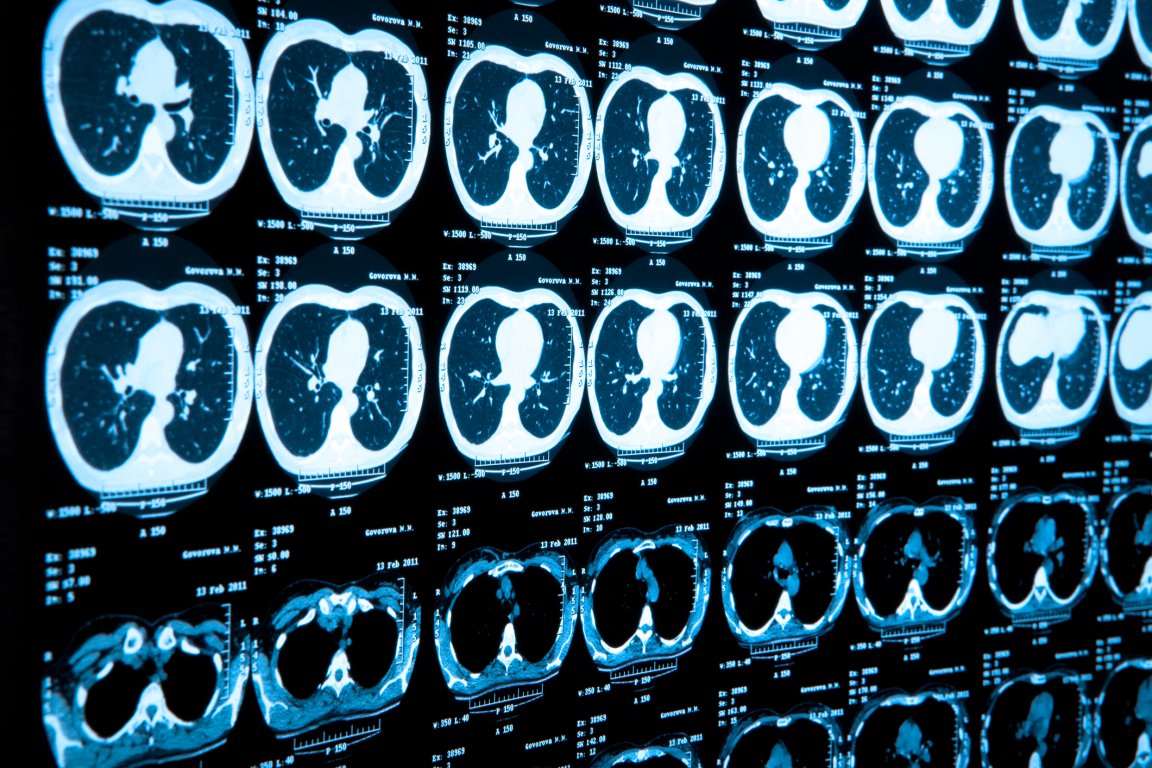
Predicting the Future
While many researchers are looking for ways to use artificial intelligence (AI) to extend human life, scientists at the University of Adelaide created an AI that could help them better understand death. The system they created predicts if a person will die within five years after analyzing CT scans of their organs, and it was able to do so with 69 percent accuracy — a rate comparable to that of trained medical professionals.
The system makes use of the technique of deep learning, and it was tested using images taken from 48 patients, all over the age of 60. It’s the first study to combine medical imaging and artificial intelligence, and the results have been published in Scientific Reports.
“Instead of focusing on diagnosing diseases, the automated systems can predict medical outcomes in a way that doctors are not trained to do, by incorporating large volumes of data and detecting subtle patterns,” explained lead author Luke Oakden-Rayner in a university press release. This method of analysis “can explore the combination of genetic and environmental risks better than genome testing alone,” according to the researchers.
While the findings are only preliminary given the small sample size, the next stage will apply the AI to tens of thousands of cases.
Better Predictions, Better Care
While this study does focus on death, the most obvious and exciting consequence of it is how it could help preserve life. “Our research opens new avenues for the application of artificial intelligence technology in medical image analysis, and could offer new hope for the early detection of serious illness, requiring specific medical interventions,” said Oakden-Rayner. Because it encourages more precise treatment using firmer foundational data, the system has the potential to save many lives and provide patients with less intrusive healthcare.

An added benefit of this AI is its wide array of potential uses. Because medical imaging of internal organs is a fairly routine part of modern healthcare, the data is already plentiful. The system could be used to predict medical outcomes beyond just death, such as the potential for treatment complications, and it could work with any number of images, such as MRIs or X-rays, not just CT scans. Researchers will just need to adjust the AI to their specifications, and they’ll be able to obtain predictions quickly and cheaply.
AI systems are becoming more and more prevalent in the healthcare industry. Deepmind is being used to fight blindness in the United Kingdom, and IBM Watson is already as competent as human doctors at detecting cancer. It is in medicine, perhaps more than any other field, that we see AI’s huge potential to help the human race.